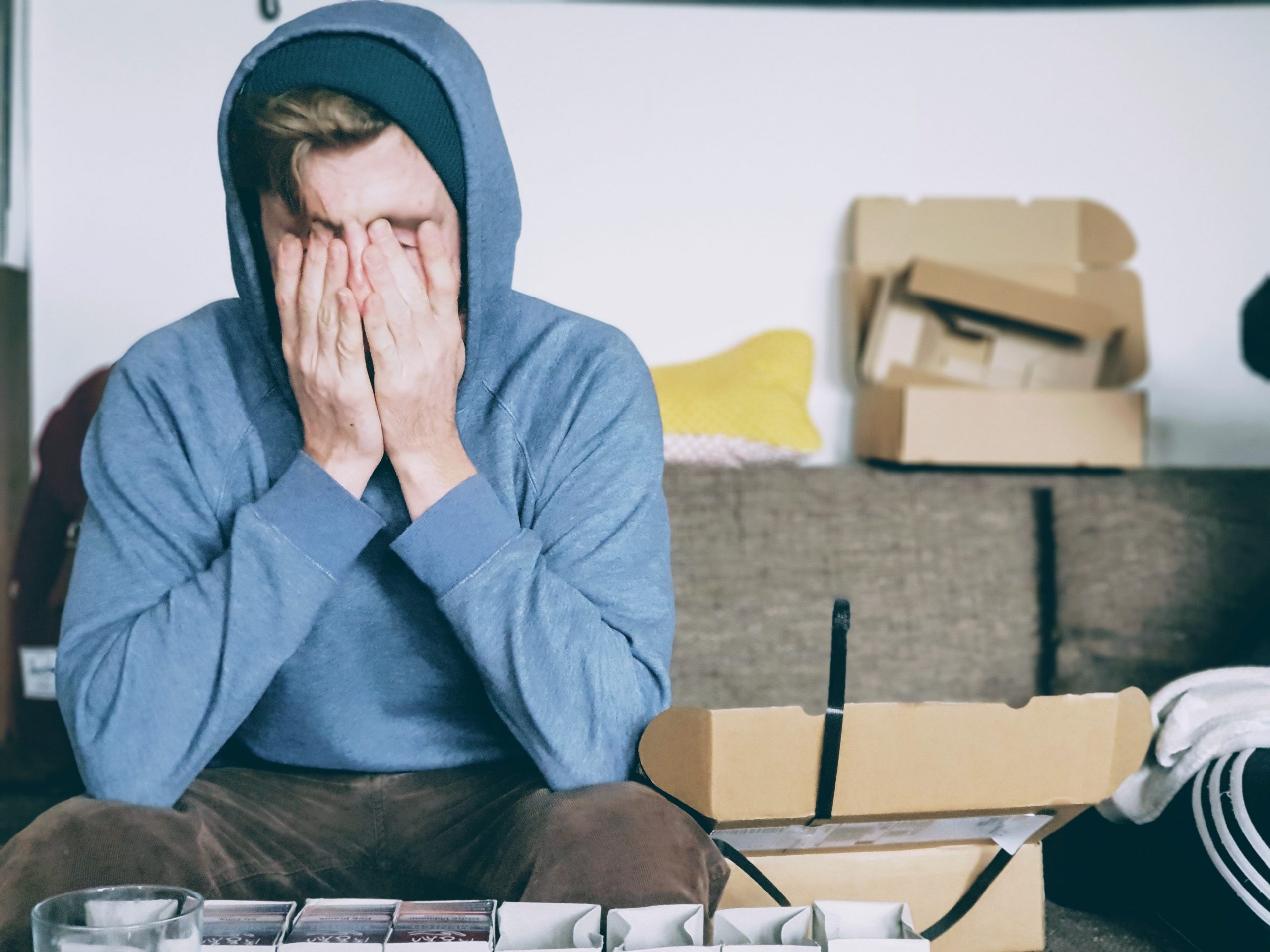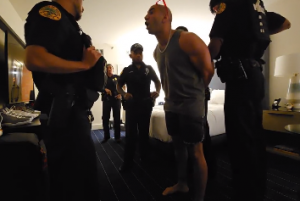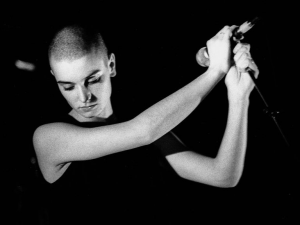Stress and anxiety are part of the same emotional
responses and similar symptoms. Both the terms are often used interchangeably
and it can be hard to identify the differences. But there is a thin line between stress and anxiety.
Stress is often short-term and in response to external
factors or threats such as a work deadline or an argument with a loved one, or
it can be long-term, such as inability to work, prejudice, or chronic illness.
People under mental stress can experience mental and physical symptoms such as
irritation, anger, exhaustion, fatigue, muscular pain, digestive problems, and
difficulties in sleeping.
Also Read | Sitting for long hours can increase depression risk, finds study
Meanwhile, Anxiety can linger and can seem as if
nothing is triggering it. Unlike stress, anxiety is frequently caused by
internal factors and excessive thoughts such as regrets about the past and
worries about the future, and so on.
Anxiety is defined by persistent concerns
that stay even in the absence of a stressor. Symptoms of anxiety are similar to
that of stress such as insomnia, difficulty concentrating, fatigue, muscle
tension, and irritability.
Stress usually disappears when the stressors are removed
on the other hand chronic stress leads to anxiety, therefore it is critical to
take efforts to decrease or eliminate stress whenever feasible.
Also Read | Study finds link between exercising and better mental health
Both mild stress and mild anxiety can go away after some
coping mechanisms. Physical activity, healthy and varied food, good sleep,
hygiene, and socializing with friends are a few to start with.
If you are unsure whether you’re experiencing stress or
anxiety or your stress or anxiety does not respond well to your management
mechanisms or is affecting your day-to-day life, do not shy away from seeing a
doctor receive professional medical support.
Also Read | How digital media gives you a dopamine fix
Anxiety Disorder Treatment
The two basic treatments for anxiety are psychotherapy
and medicine or a combination of two.
Cognitive-behavioural therapy is one of the most widely
used therapeutic approaches. It focuses on changing maladaptive thought
patterns related to anxiety.
Also Read | Can’t stay focused for long? Here is how to maximise your attention span
Exposure therapy is another potential treatment, which
involves confronting anxiety triggers in a safe, controlled way to break the
cycle of fear around the trigger.
Before considering medications, a few lifestyle changes
can help in the management of anxiety. Regular workout, proper sleep, a healthy
diet, and avoiding coffee and alcohol are among home treatments that can help
control anxiety symptoms.
Also Read | Overthinking? Try these methods to relax your brain
It is important to understand how to manage stress and
when to take support. When stress and anxiety symptoms start affecting your
everyday life, it’s time to consult a professional mental health practitioner.







